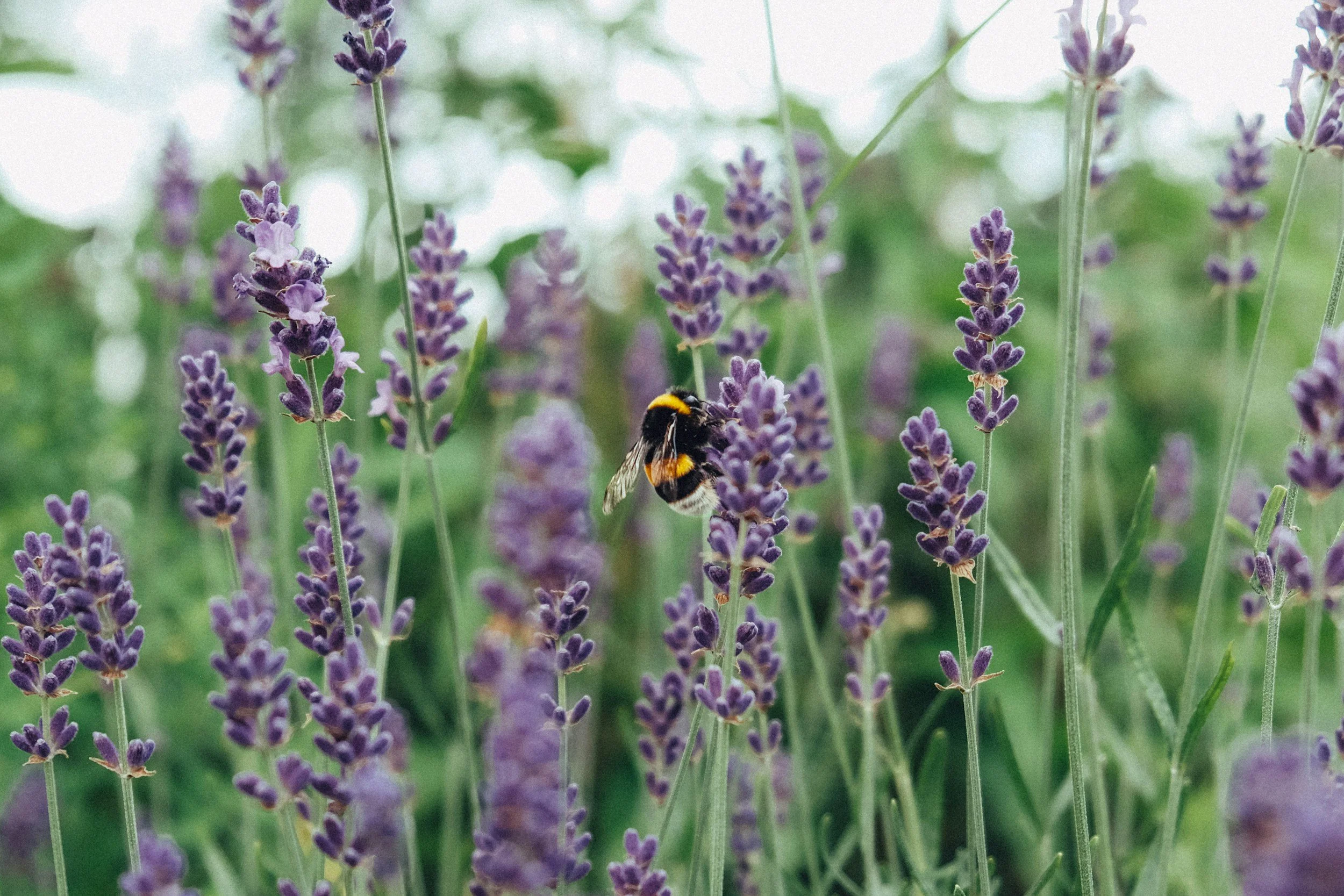Governor Hochul’s proposal to cut to Clean Water Infrastructure Act funding by 50% threatens communities’ ability to filter emerging contaminants in drinking water, prevent dangerous sewage overflows, create jobs, and ensure affordable drinking water
For more information, contact:
Adrienne Esposito, Citizens Campaign for the Environment, 631-384-1378, aesposito@citizenscampaign.org
Brian Smith, Citizens Campaign for the Environment, 716-831-3206, bsmith@citizenscampaign.org
Rob Hayes, Environmental Advocates NY, 314-518-1454, rhayes@eany.org
A recording of the press conference can be viewed here.
Albany, NY—Today the chairs of the Senate and Assembly Environmental Conservation Committees joined with unions and members of the New York State Clean Water Coalition as they laid out their 2024 clean water agenda, which includes support for a $600 million investment in the Clean Water Infrastructure Act (CWIA). The CWIA program has been funded at $500 million annually since 2019, yet the Governor has proposed to cut funding by 50%, down to $250 million, in her SFY 2024-25 executive budget proposal. New York State agencies have conservatively estimated that the state will need to invest $80 billion to upgrade and maintain wastewater and drinking water infrastructure over 20 years.
Adrienne Esposito, Executive Director for Citizens Campaign for the Environment, said: “Clean water is a necessity, not a luxury item that should be sacrificed to help fill budget gaps. The Clean Water Infrastructure Act has been a resounding success for our environment and economy, but we have so much more work to do to ensure safe and affordable water for all New Yorkers. Cutting funding now will only set us further back in our efforts to prevent sewage overflows, filter toxic contaminants from drinking water, and avoid costly water main breaks. We commend Senator Harckham and Assemblymember Glick for their leadership to protect clean water, and we look forward to working with the legislature to ensure increased clean water funding in the final state budget.”
Senator Pete Harckham, Chair of the NYS Senate Environmental Conservation Committee, said, “We need to build upon the important progress made statewide since enacting the Clean Water Infrastructure Act seven years ago, and not go backwards with underfunding and misdirecting resources. Protecting New York’s fragile drinking water supplies and upgrading delivery systems, filtration facilities, sewage treatment—all of this is critical to safeguarding public health and ensuring economic growth. If we don’t make these proper investments now, it may soon be too late. I thank the New York State Clean Water Coalition for its advocacy and support in this regard and for raising an alarm: our clean water is key to our future posterity.”
Assemblymember Deborah J. Glick, Chair of the Assembly Environmental Conservation Committee, said, “This critical funding stream has made great progress in updating New York’s aging water infrastructure in every corner of the state, because all New Yorkers deserve access to clean, safe drinking water. Regrettably, in too many communities we still have contaminants in drinking water, and it is vital to filter those out for New Yorkers’ health. Additionally, we must move aggressively to remove lead service lines and protect our infrastructure especially during flooding and storm surges. Now is not the time to let up on this essential work. I look forward to working with my colleagues in the Assembly and Senate to ensure the Clean Water Infrastructure Act is appropriately funded in the final budget agreement.”
Jenny Ingrao, Executive Director for the New York Section American Water Works Association, said, “As the organization that represents the state’s drinking water professionals, the New York Section of the American Water Works Association (NYSAWWA) is keenly aware that access to clean, safe, and affordable drinking water is one of the most basic pillars of our society. The state’s drinking water suppliers are ready to meet the challenges before us but without funding and support from our state legislators we run the very real risk that water will become simply unaffordable for many New Yorkers.”
Rob Hayes, Director of Clean Water with Environmental Advocates NY, said, "Governor Hochul's plan to cut clean water funding in half this year is misguided and shortsighted. Our research has documented the overwhelming demand for funding to fix our pipes, a demand which continues to grow. With key clean water programs oversubscribed every year, New York needs to increase, not decrease, its investment in the Clean Water Infrastructure Act to ensure shovel-ready projects get the funding they need. New York needs more work crews out on the street protecting clean water, not fewer. We look forward to working with Senator Harckham, Assemblymember Glick, and the entire State Legislature to secure at least $600 million for clean water in the final state budget."
Khristopher Dodson, Executive Director of the New York Water Environment Association (NYWEA), said, “As the organization that represents wastewater treatment professionals throughout the state, NYWEA strongly supports increased funding for the Clean Water Infrastructure Act in the 2024-25 state budget. Much of the state’s wastewater infrastructure is aging and in dire need of repair. Cuts in funding threaten clean water, hamper economic growth, and increase costs to local ratepayers. We look forward to working with Senator Harckham, Assemblymember Glick, and the full legislature to support increased clean water funding in the final state budget.”
“The Nature Conservancy thanks Environmental Conservation Committee Chairs Senator Harckham and Assemblymember Glick, and members of the Senate and Assembly from both sides of the aisle for uniting around protecting clean water for New Yorkers. Funding for the Clean Water Infrastructure Act is essential for the health, safety, and well-being of communities throughout the state. We cannot afford to cut this funding, and in fact need to increase it given the significant needs across New York. We urge the Legislature to include at least $600 million for clean water projects in this year’s state budget,” said Jessica Ottney Maher, policy and strategy director for The Nature Conservancy in New York.
"Simply put, all lead service lines in New York State need to be removed and replaced. Aggressive action is needed and that starts with securing funds in the 2025 fiscal year budget," said Joan Leary Matthews, Senior Attorney at NRDC (Natural Resources Defense Council). "Instead of going backwards and cutting funding for safe, clean water, New York State needs to double-down and invest big time to protect residents from dangerous lead exposure."
"We do not accept a glass half full when it comes to funding for clean water infrastructure,” said Julie Tighe, President of the New York League of Conservation Voters. “Cutting $250 million per year for two years will do little to make the state whole financially, but it will jeopardize public health, the environment and the jobs created by infrastructure projects to fix our pipes and deliver safe drinking water to our families. Everyone deserves clean water and we urge Governor Hochul not to short change New Yorkers on this fundamental right.”
“The Governor's budget plan to cut the Clean Water Infrastructure Act by fifty percent means fewer investments in aging sewers and wastewater treatment plants, and fewer communities accessing grants for drinking water protection projects,” said Riverkeeper President Tracy Brown. “New York’s water infrastructure needs critical updates to drinking water and wastewater systems that affect the health and safety of our residents. Since these needs escalate every year, reducing an already insufficient amount of funding by half will worsen these challenges and make it more difficult for local governments to access the funding they critically need to provide clean drinking water and clean up local waterways.”
“We’ve seen a tenfold increase in Harmful Algal Blooms in lakes across the Adirondacks in recent years, making it more important than ever for the State to fully invest in Clean Water infrastructure projects.” said Raul J. Aguirre, Executive Director of the Adirondack Council. “State grants, made directly to the small, rural communities of the Adirondack Park, make upgrades to clean water infrastructure affordable so that all New Yorkers can benefit. Without these funds, most projects are simply not possible.”
David Ansel, Vice President of Water Protection, Save the Sound: “Governor Hochul’s proposal to spread $500 million for the Clean Water Infrastructure Act over two years is a major step backward at a time when we can least afford it. Our investments must match the moment. Scaling back weakens our position to leverage the available federal funding necessary to ensure our local municipalities can afford to take on these expensive infrastructure investments to reduce wastewater pollution. We have billions of dollars’ worth of work to do to protect clean water in the Long Island Sound region alone. There would be an environmental and economic opportunity cost to such a reduction.”
Not only has the CWIA helped to protect clean water in every community across the state, but it has also created good jobs and supported economic growth. The state estimates that every million dollars invested in clean water infrastructure generates 17 jobs.
John J. Murphy, international representative of the United Association of Journeymen & Apprentices of the Plumbing and Pipefitting Industry of the United States and Canada and member of the Clean Energy Jobs Coalition-NY, said "Inadequate water infrastructure jeopardizes the health and prosperity of New York. It is imperative for New York’s leadership to reconsider the value of strengthening water system safety with a $600 million commitment or more. This not only protects public health but energizes economic growth through the creation of skilled, family-sustaining jobs for years to come."
The CWIA supports a number of programs that work to protect clean water, from its source to the tap. This includes, but is not limited to, upgrading outdated sewage treatment plants, installing advanced treatment technology to filter emerging contaminants from drinking water, lead pipe replacement, replacing failing septic systems, acquiring land critical to protecting source water, reducing pollution from farms that impact water quality, and more. The state has appropriated $5 billion to the CWIA since its inception in 2017.
The New York State Clean Water Coalition, which was established in 2017 and is led by Citizens Campaign for the Environment (CCE), includes environmental organizations, wastewater treatment operators, drinking water suppliers, and other clean water stakeholders. Today the Coalition publicly released their Shared Agenda for Clean Water in 2024, which outlines this year’s top agreed upon priorities for protecting clean water.
###



